What Is a Dental Emergency?
Let’s put it this way, if you’re in pain, it’s an emergency. The quicker you can get in and get it treated, the odds of saving injured or damaged teeth increase significantly.
This page covers provides some emergency dental advice to help you know what to do in common situations:
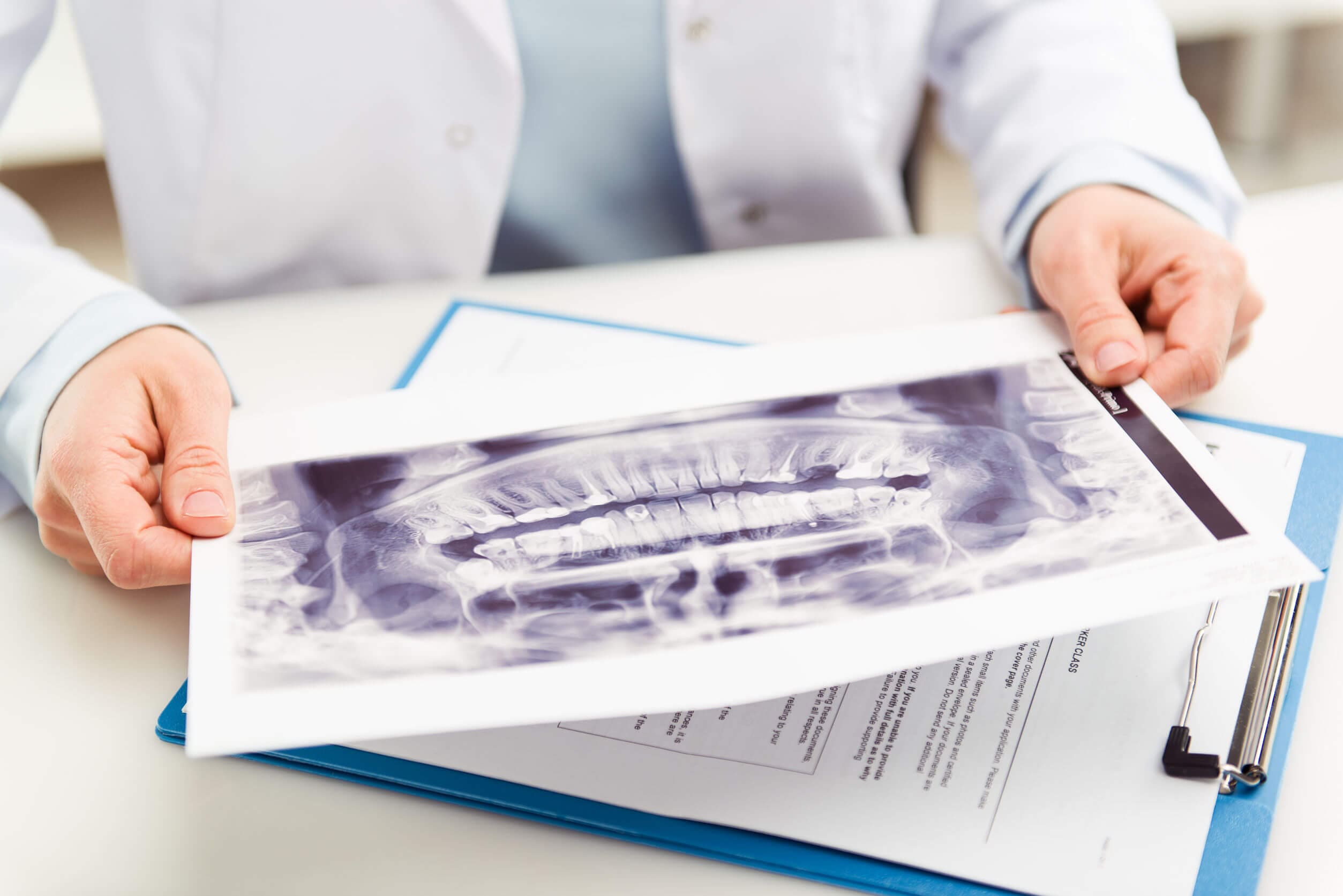
Something in My Mouth Hurts: What Should I Do?
- Avoid chewing in the area that hurts and stay away from extremely hot or extremely cold foods and drinks.
- Make an appointment to come in as soon as possible so that we can take necessary x-rays and determine treatment.
- If a tooth has chipped or a crown has come off, hold on to those pieces and bring them into your appointment.
- If you are in a lot of pain you can take an over the counter anti-inflammatory.

Chipped, Cracked, or Broken Teeth
If you chip your tooth and it is rather small and not causing you pain, then it is up to you to decide if, when, and how it gets repaired. In cases of small chips they can be smoothed or cosmetically corrected.
Cracked and broken teeth should be repaired as soon as possible. These teeth can get worse if left alone. Plus, the cracks and breaks provide an entry for bacteria that will break down the tooth and cause decay.
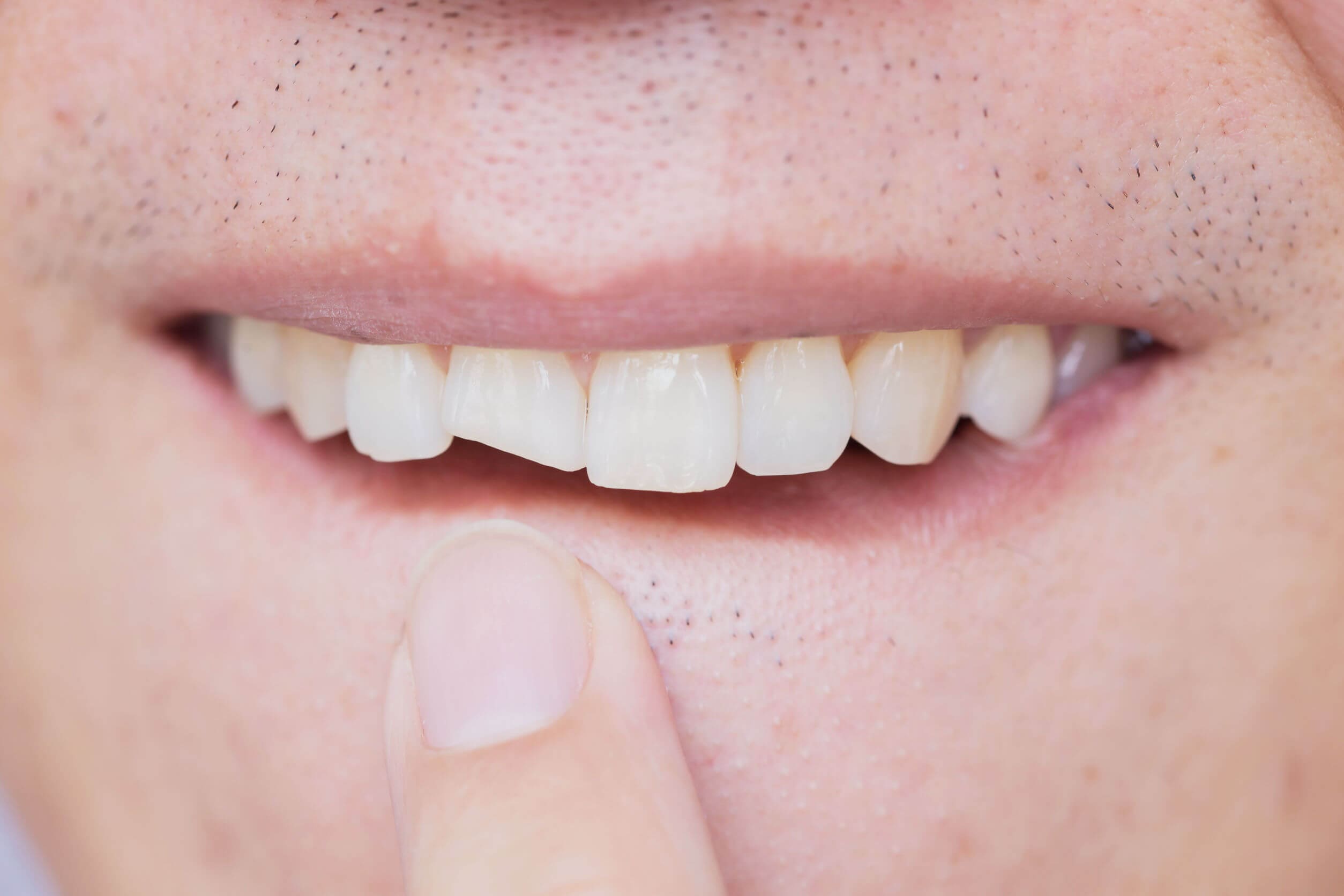
Teeth Knocked Out
To improve the chances of the tooth being saved, Dr. suggests doing the following:
- Handle the tooth carefully. Avoid touching the root of the tooth (the part of the tooth that was embedded in the gum).
- If the tooth is dirty, hold it by the upper part (the crown) and rinse it off with milk or contact lens solution until most of the dirt is washed away. If you don't have either of those available, then it is best to leave the tooth alone. Wiping it off with a handkerchief or shirttail may cause additional damage to the microscopic cells still on the root surface.
- It is important to keep the tooth moist. If possible, drop it into a glass of milk. If no milk is available, then place the tooth in the mouth between the cheek and gum.
- A young child who has had a tooth knocked out may not be able to safely "store" the tooth in his or her mouth without swallowing it, so don't give the tooth to a young child for safe-keeping in his or her mouth. Place the tooth in milk or have the child spit into a container and place the tooth in the cup with the saliva. The most important thing is to keep the tooth moist. Use a cup of water if nothing else is available.
- Get to see us as quickly as possible. If getting to the office immediately after a tooth has been knocked out is impossible, then you may want to try slipping the tooth back into its socket. In many cases, it will slip right in. Make sure it's facing the right way. Don't try to force it into the socket. If it doesn't go back into place easily and without pressure, then it's better just to hold it between the cheek and gum or to keep it in milk, saliva or water.
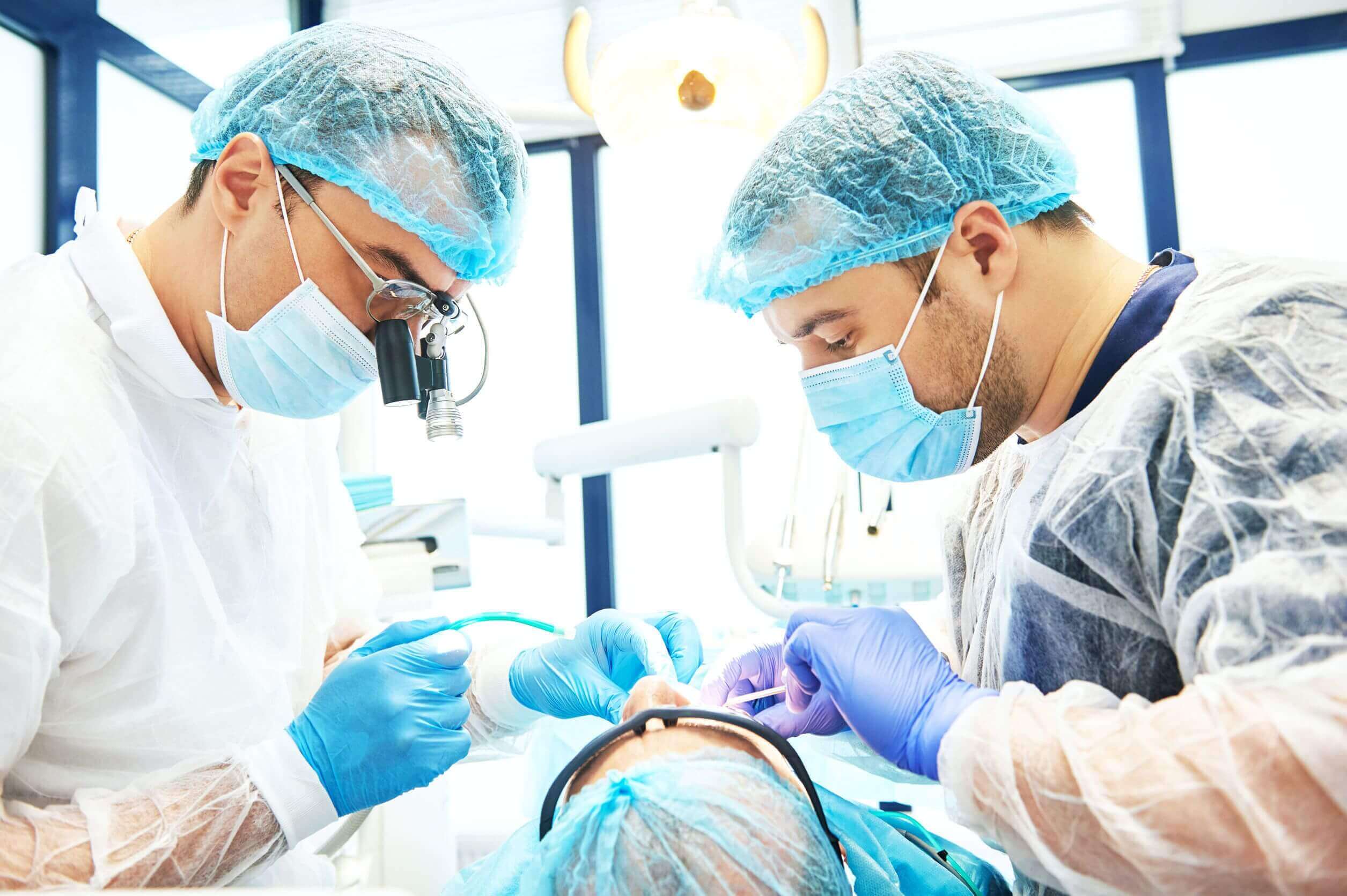
Partially Dislodged Tooth
A partially dislodged tooth is one that hasn’t been completely knocked out of its socket; we call this an extruded tooth. If the tooth is not broken, and the nerve and blood vessels are still attached, it is likely the tooth may be saved. Even though the tooth is partially knocked out, it is important to leave it in your mouth and call us right away.
Come see us quickly in order to have the best possibility of saving the tooth. If you are in severe pain you may take an over the counter pain reliever and apply a cold pack until you get to our office.
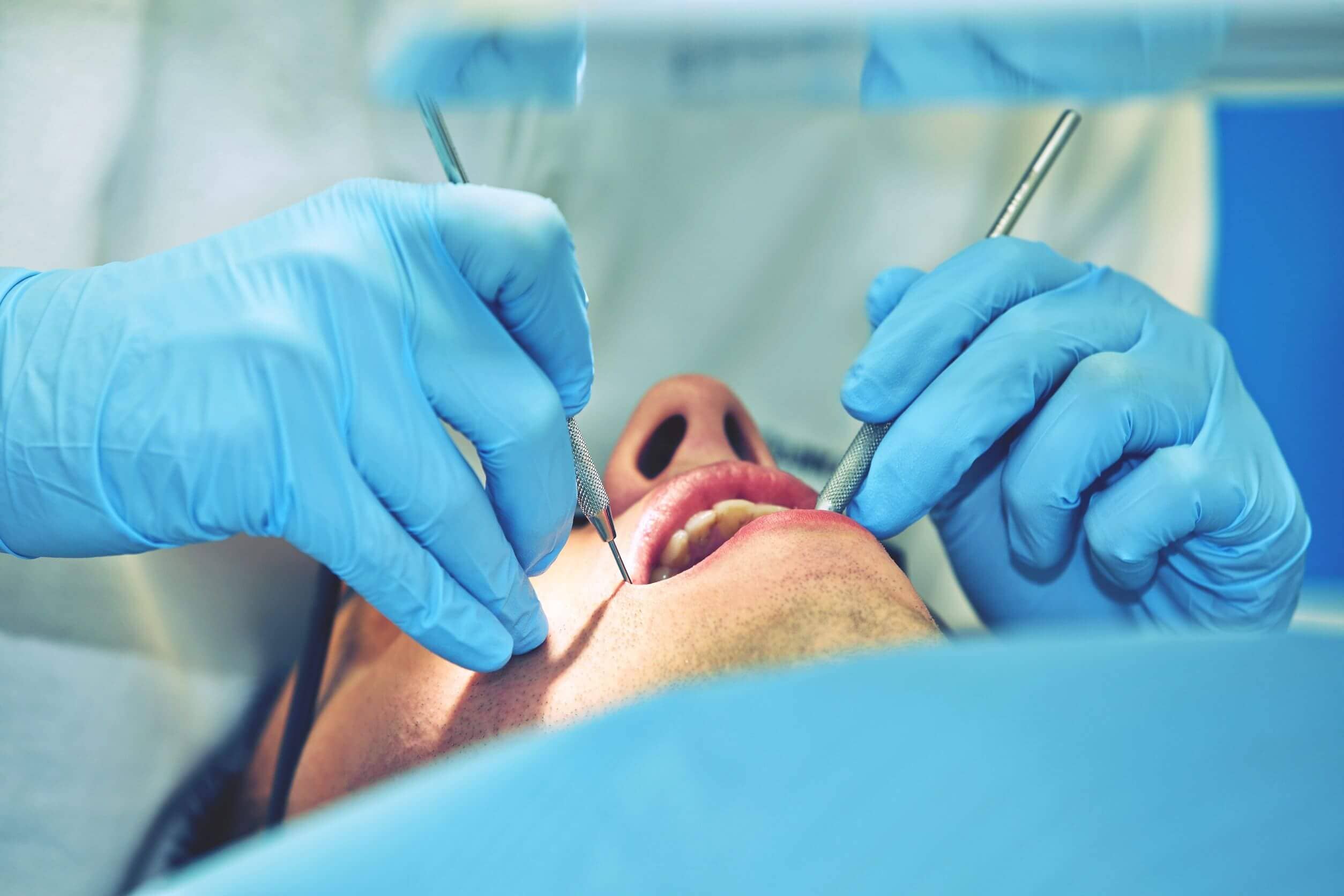
Filling or a Crown Came Off
Both fillings and crowns can occasionally fall out. It is frequently caused by decay from underneath that destroys the tooth so that it can no longer hold onto the crown or filling.
Typically speaking, this is not a huge emergency. Hang onto the crown and get an appointment with us as soon as you can.
Don’t wait too long to make an appointment; if left alone for too long, the teeth can fill in the gap and make it so that your crown no longer fits.
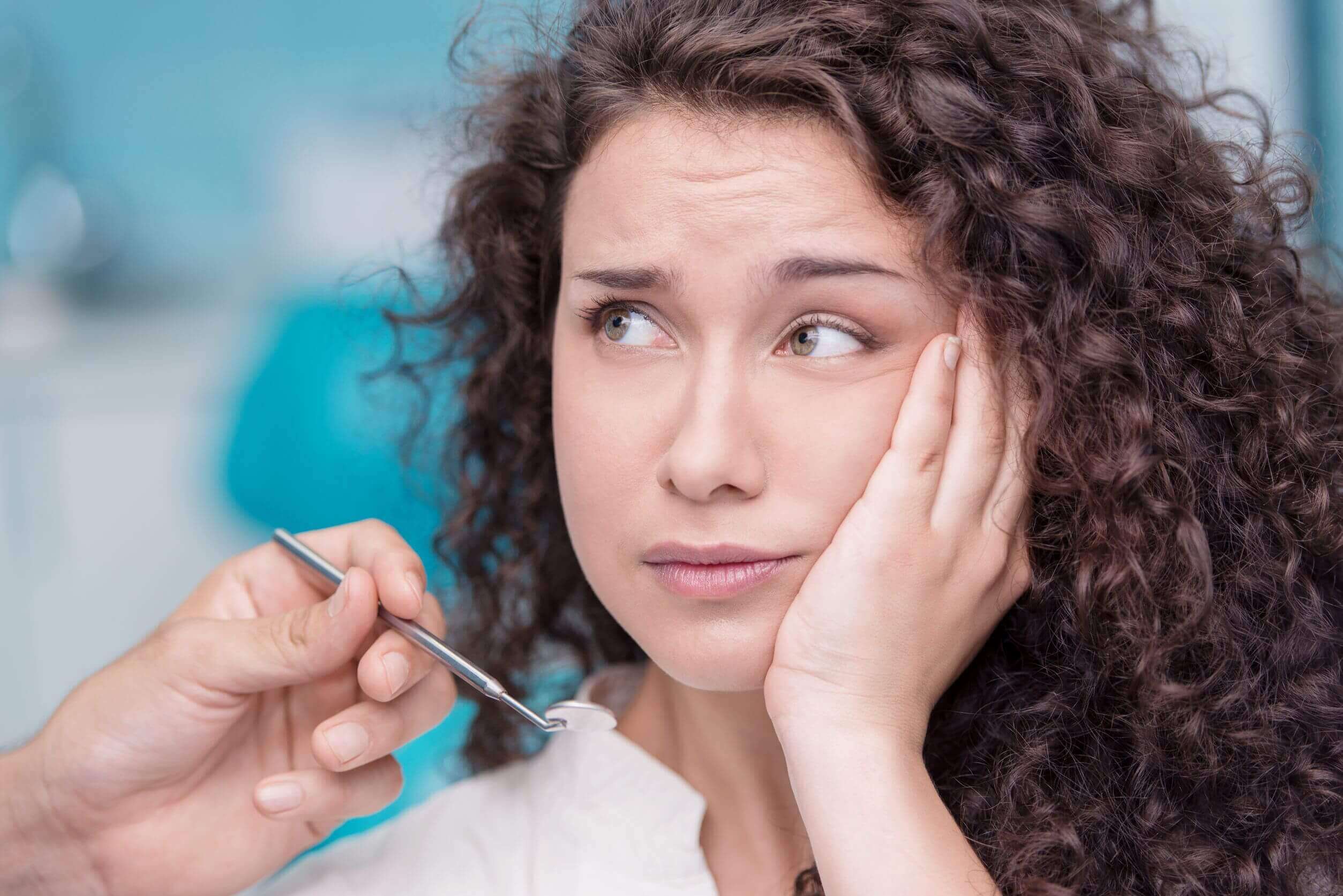
Severe Pain without Trauma
There may be times that you have severe dental pain and have no idea why. This pain could be caused by any of the following:
- Food that touches a decayed area of your tooth.
- Heat or cold causing nerve pain.
- The nerve inside a filling or crown becomes exposed.
- And more!
If you are having any of these issues, please feel free to give us a call and we can help figure out the best plan to make you feel better.
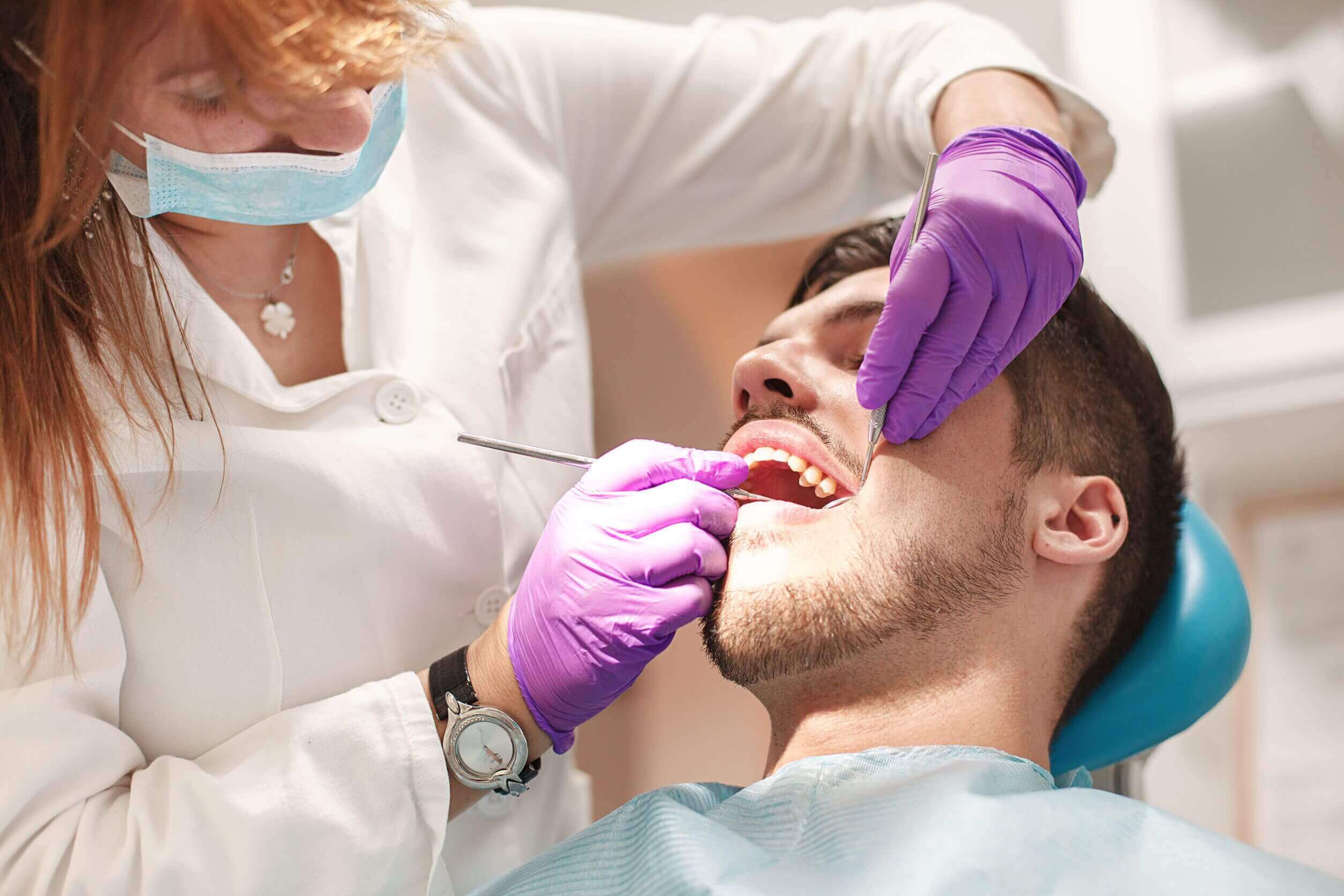
Injuries of the Lips, Tongue, and Gums
The lips, tongue, and gums are all soft tissues that are very vulnerable to injury. When these areas are cut it may bleed a lot due to the rich supply of blood in areas on the head.
Sports injuries to these areas can be prevented with the use of a mouth guard! Call us for a custom fit.
If these types of injuries occur use mild soapy water and soft clean cloth to clean them off. Inside the mouth, you can rinse with salt water or hydrogen peroxide solution (do not swallow this).
SEEK MEDICAL CARE IF:
- The bleeding cannot be controlled with pressure and a cold compress.
- It is a very deep cut.
- The cut crosses the border between the lip and facial skin.
- The lip is punctured.
- An infection develops.
- Swelling of the neck or floor of the mouth occurs.
If you or someone you know is in need of emergency dental service, call our office immediately!
Weekday calls before 1:00 pm can be seen the same day. Weekend calls will receive a call back from a Doctor.
Cameron Park: 530-677-0723
Folsom: 916-805-5077
If this is a life-threatening emergency, call 911!
Cameron Park
970 Camerado Dr., #100
Cameron Park, CA 95682
Call: 530-677-0723
Monday: 8:00 AM - 5:00 PM
Tuesday: 8:00 AM - 5:00 PM
Wednesday: 8:00 AM - 5:00 PM
Thursday: 8:00 AM - 5:00 PM
Friday: 8:00 AM - 5:00 PM
Map / Driving Directions
Folsom
260 Palladio Parkway Suite 1001
Folsom, CA 95630
Call: 916-805-5077
Monday: 8:00 AM - 5:00 PM
Tuesday: 7:00 AM - 7:30 PM
Wednesday: 8:00 AM - 5:00 PM
Thursday: 8:00 AM - 5:00 PM
Friday: 8:00 AM - 5:00 PM
Map / Driving Directions
